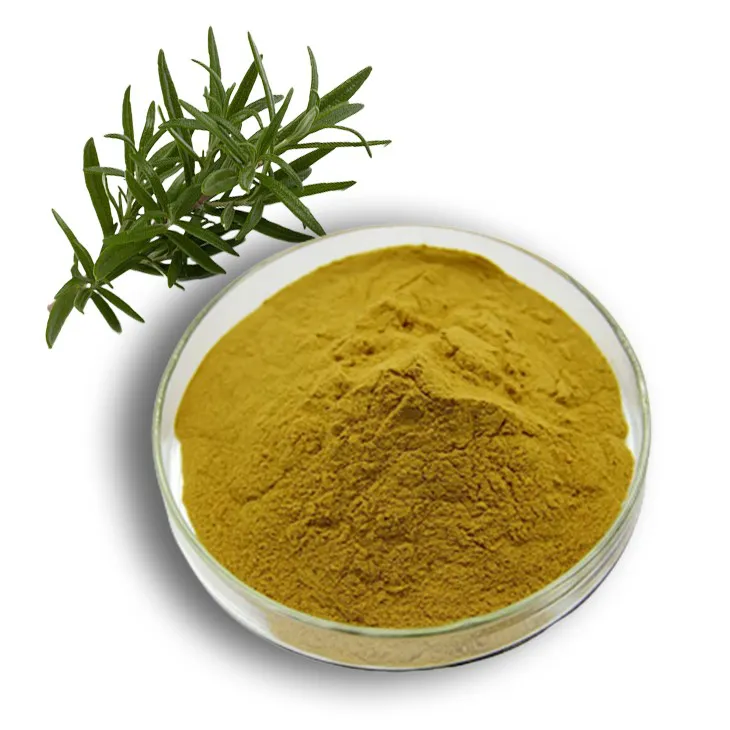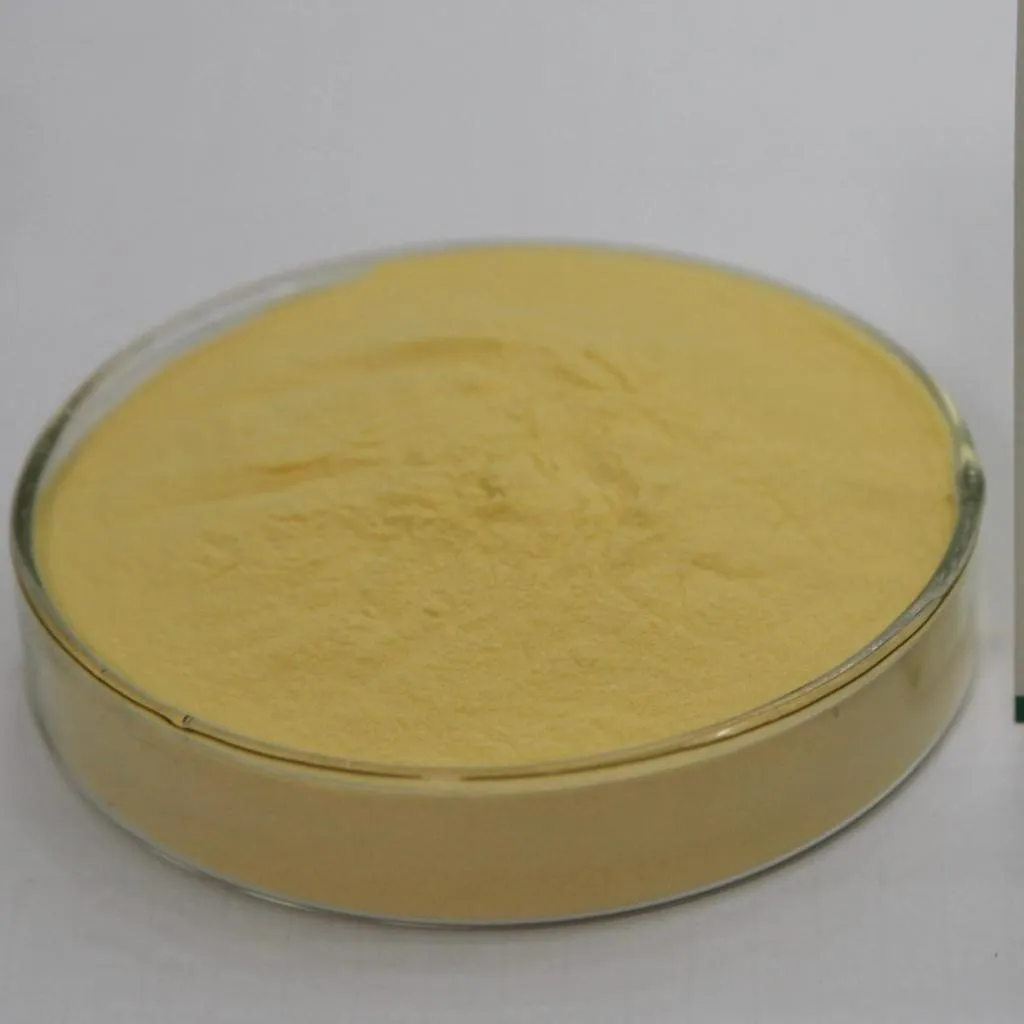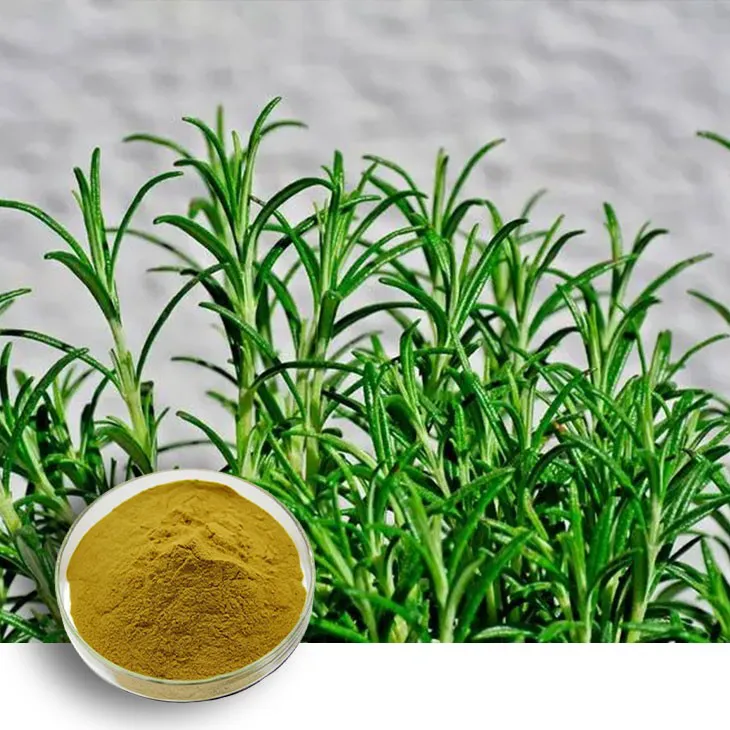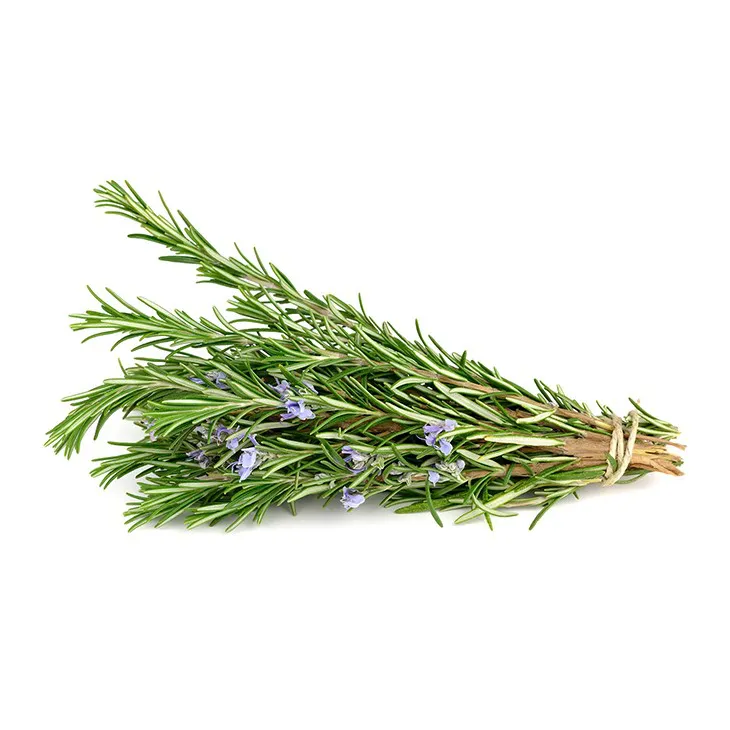- 0086-571-85302990
- sales@greenskybio.com
Rosemary Extract: Benefits, Uses and Possible Side Effects
2024-11-11

1. Introduction
Rosemary extract has been recognized for its significance in various fields. Derived from the rosemary plant, it is a natural substance that has gained popularity due to its diverse properties. It is not only rich in antioxidants but also has a unique composition that gives it a wide range of applications.

2. Chemical Composition of Rosemary extract
Rosemary extract contains a variety of compounds that contribute to its properties. Carnosic acid and rosmarinic acid are two of the key components. Carnosic acid is a powerful antioxidant that helps in protecting cells from damage. Rosmarinic acid, on the other hand, has anti - inflammatory properties and also plays a role in antioxidant activities. Additionally, the extract also contains essential oils which are responsible for its characteristic aroma.

3. Health Benefits
3.1 Cardiovascular Health
One of the major health benefits of rosemary extract is its potential contribution to cardiovascular health. Oxidative stress is a significant factor in the development of heart diseases. The antioxidant - rich nature of rosemary extract helps in reducing this oxidative stress. By neutralizing free radicals in the body, it can prevent the oxidation of LDL cholesterol (the "bad" cholesterol). Oxidized LDL cholesterol is more likely to form plaques in the arteries, which can lead to blockages and heart problems. Studies have shown that regular consumption of rosemary extract may help in maintaining healthy blood vessels and reducing the risk of cardiovascular diseases.
3.2 Anti - Inflammatory Effects
As mentioned earlier, the presence of rosmarinic acid gives rosemary extract anti - inflammatory properties. Inflammation is a natural response of the body to injury or infection, but chronic inflammation can lead to various diseases such as arthritis, diabetes, and certain cancers. Rosemary extract can help in reducing inflammation by inhibiting the production of inflammatory mediators in the body. This makes it a potential natural remedy for inflammatory conditions.
3.3 Neurological Benefits
There is growing evidence that rosemary extract may have positive effects on the nervous system. It has been suggested that it may improve memory and cognitive function. Some studies have shown that the compounds in rosemary extract can protect neurons from damage and may even help in the regeneration of nerve cells. This could be beneficial for people with neurodegenerative diseases such as Alzheimer's and Parkinson's. Additionally, the aroma of rosemary has been found to have a relaxing effect on the mind, which can reduce stress and anxiety.
3.4 Anticancer Potential
While more research is needed in this area, there are indications that rosemary extract may have anticancer properties. The antioxidants in the extract can prevent DNA damage, which is a crucial step in the development of cancer. Some in - vitro and animal studies have shown that rosemary extract can inhibit the growth of cancer cells. However, it is important to note that these results do not directly translate to humans, and more clinical trials are required to determine its effectiveness as a cancer treatment or preventive agent.

4. Uses in Different Industries
4.1 In the Manufacturing of Aromatherapy Products
Rosemary extract is widely used in the aromatherapy industry. The pleasant and refreshing scent of rosemary is well - known for its relaxing and invigorating properties. Aromatherapy products such as essential oils, candles, and diffusers often contain rosemary extract. When used in aromatherapy, it can help in reducing stress, improving mood, and promoting relaxation. The aroma of rosemary can also have a positive impact on concentration and mental clarity, making it a popular choice for people who want to enhance their focus during work or study.
4.2 Culinary Applications
- Rosemary extract is a common ingredient in the culinary world. It adds a distinct and delicious flavor to a variety of dishes.
- It is often used in Mediterranean cuisine, where it pairs well with meats, vegetables, and grains. For example, it can be used to season roasted chicken, grilled fish, or sautéed vegetables.
- Besides flavor, rosemary extract also has preservative qualities. It can help in inhibiting the growth of bacteria and fungi in food, thus extending the shelf life of products. This is especially useful in the preservation of meat and dairy products.
4.3 In the Cosmetics and Skincare Industry
- The antioxidant and anti - inflammatory properties of rosemary extract make it a valuable ingredient in cosmetics and skincare products.
- It can be found in creams, lotions, and serums. In skincare, it is used to protect the skin from damage caused by free radicals, which can lead to premature aging. It can also help in reducing skin inflammation, making it suitable for people with sensitive or acne - prone skin.
- Rosemary extract is also used in haircare products. It can help in promoting hair growth by improving blood circulation to the scalp and strengthening the hair follicles. It can also add shine and volume to the hair.

5. Possible Side Effects
5.1 Skin Irritation
When rosemary extract is applied topically, some people may experience skin irritation. This can manifest as redness, itching, or a rash. The likelihood of skin irritation may depend on the individual's skin type and the concentration of the extract used. People with sensitive skin are more likely to experience this side effect. It is recommended to do a patch test before using any product containing rosemary extract on a large area of the skin.
5.2 Mild Dizziness if Consumed in Large Amounts
If rosemary extract is consumed in large quantities, it may cause mild dizziness. This is because the extract contains certain compounds that can have an impact on the central nervous system. However, it is important to note that the normal use of rosemary in food or dietary supplements is not likely to cause this side effect. It is usually associated with excessive consumption, such as taking very high - dose supplements without proper medical supervision.
6. Conclusion
Rosemary extract is a versatile natural product with a wide range of benefits. Its antioxidant, anti - inflammatory, and other properties make it valuable in the fields of health, manufacturing, and cuisine. However, like any natural product, it also has some possible side effects that need to be considered. Overall, when used appropriately, rosemary extract can be a great addition to a healthy lifestyle and various industries.
FAQ:
What are the main benefits of rosemary extract?
Rosemary extract has several main benefits. Its antioxidant - rich nature helps in reducing oxidative stress, which can contribute to cardiovascular health. It is also used in aromatherapy products for its pleasant scent and relaxing properties. In the culinary world, it adds flavor and has preservative qualities.
How does rosemary extract contribute to cardiovascular health?
Rosemary extract may contribute to cardiovascular health by reducing oxidative stress. Oxidative stress can damage cells and tissues in the cardiovascular system, and the antioxidants in rosemary extract can counteract this process.
What are the uses of rosemary extract in the manufacturing sector?
In the manufacturing sector, rosemary extract is used in aromatherapy products. Its pleasant scent and relaxing properties make it a popular ingredient in such products.
How is rosemary extract used in the culinary world?
In the culinary world, rosemary extract is used to add flavor to various dishes. It also has preservative qualities, which can help extend the shelf - life of food products.
What are the possible side effects of rosemary extract?
Some people might experience side effects from rosemary extract. When applied topically, it can cause skin irritation. If consumed in large amounts, it may lead to mild dizziness.
Related literature
- The Antioxidant Properties of Rosemary Extract: A Review"
- "Rosemary Extract in Food Preservation: Applications and Efficacy"
- "The Impact of Rosemary Extract on Cardiovascular Health: Current Research"
- ▶ Hesperidin
- ▶ Citrus Bioflavonoids
- ▶ Plant Extract
- ▶ lycopene
- ▶ Diosmin
- ▶ Grape seed extract
- ▶ Sea buckthorn Juice Powder
- ▶ Fruit Juice Powder
- ▶ Hops Extract
- ▶ Artichoke Extract
- ▶ Mushroom extract
- ▶ Astaxanthin
- ▶ Green Tea Extract
- ▶ Curcumin
- ▶ Horse Chestnut Extract
- ▶ Other Product
- ▶ Boswellia Serrata Extract
- ▶ Resveratrol
- ▶ Marigold Extract
- ▶ Grape Leaf Extract
- ▶ New Product
- ▶ Aminolevulinic acid
- ▶ Cranberry Extract
- ▶ Red Yeast Rice
- ▶ Red Wine Extract
-
Maca Extract
2024-11-11
-
Natural grape seed extract
2024-11-11
-
Longan Extract
2024-11-11
-
Ginseng Root Extract
2024-11-11
-
Wheat Germ Extract
2024-11-11
-
Peppermint Oil
2024-11-11
-
Yohimbine Bark Extract
2024-11-11
-
Marigold Extract
2024-11-11
-
Fenugreek Extract Powder
2024-11-11
-
Lemon Extract
2024-11-11





















